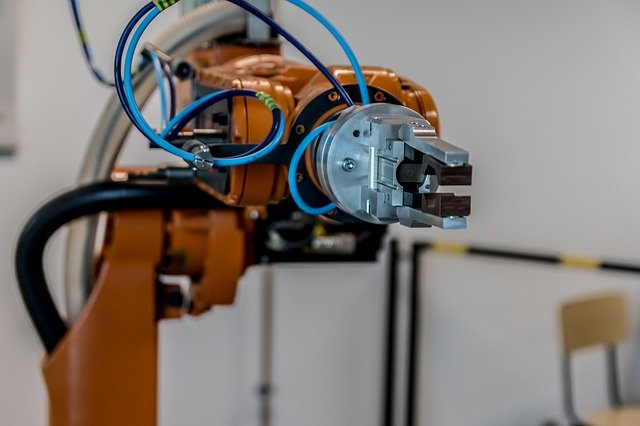
geralt (CC0), Pixabay
Pontydysgu has recently been working with Deirdre Hughes from DH Associates in developing a serie sof Webinars around the use of technology, including AI, in career development
. The next webinar in the series – entitled Digital Innovations is on 6th May from 1630 – 1730 CEST (an hour earlier if you are in the UK time zone) and will include presentations from Rhys Herriott, NESTA CareerTech Challenge and Gareth Phillips, Head of Communications, Careers Wales.
This webinar explores digitial innovations in a career development context.
Nesta research suggests that more than six million people in the UK are currently employed in occupations that are likely to radically change or entirely disappear by 2030 due to Artificial Intelligence, automation, population aging, urbanisation and the rise of the green economy. In the nearer-term, the coronavirus crisis has intensified the importance of this problem. Recent warnings suggest that a prolonged lockdown could result in 6.5 million people losing their jobs. Of these workers, nearly 80% do not have a university degree.
Nesta is delivering the CareerTech Challenge in the UK, in partnership with the Department for Education, as part of their National Retraining Scheme. Solutions being funded through the CareerTech Challenge are designed to support people who will be hit the hardest by an insecure job market over the coming years.
Careers Wales is on a digital transformation journey from its award winning use of video, exciting new gaming developments and pioneering website and resources. In recent times the company has adapted its service delivery model in response to the Covid-19 outbreak. Key lessons are being learned in relation to the role of digital as they look ahead and plan for the new normal.
Note: DMH Associates and Pontydysgu are supported by DfE and Nesta through the CareerTech Challenge. You can find out more information about the programme here: https://www.nesta.org.uk/project/careertech-challenge/.
You can sign up for the webinar here.
 A major theme in the research literature about Artificial Intelligence (AI) and the future of work is the potential of people working alongside or with AIs. However, it is quite hard to visualize what that might mean, outside the sphere of maintenance technicians in automated factories.
A major theme in the research literature about Artificial Intelligence (AI) and the future of work is the potential of people working alongside or with AIs. However, it is quite hard to visualize what that might mean, outside the sphere of maintenance technicians in automated factories.



